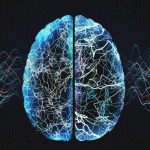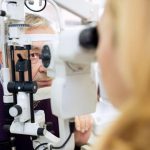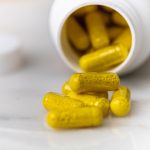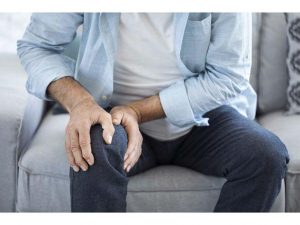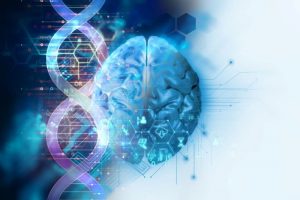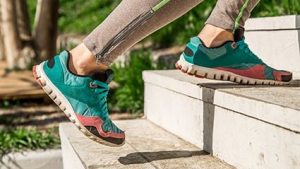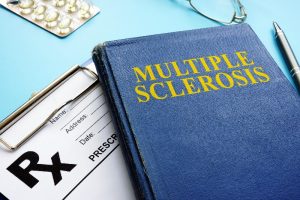
Let’s talk about menopause and its impact on your sex life. We all know that this phase of life can bring about some changes, like a lower sex drive and vaginal dryness. But here’s the thing: you don’t have to suffer through it. In this article, we will break down how menopause affects your sexual experiences, share some medications and self-care tips that can make a real difference, and give you a glimpse into how sex may be different postmenopause. So, buckle up and get ready to take control of your sexual well-being during this transformative time. Let’s dive in! Sex and Menopause “Menopause can bring about a range of effects on sexual function—some positive and some not so great. However, what’s crucial to understand is that sexual satisfaction plays a significant role in multiple aspects of our overall health. It is directly linked to life satisfaction, quality of life, marital happiness, and overall well-being,” says Dr. Catherine Hansen, MD, MPH, a NAMS Certified Menopause Practitioner and the head of menopause for Pandia Health, a doctor-led birth control delivery service founded and led by women. “In fact,” Hansen says, “Sexual dysfunction can be just as debilitating as other chronic diseases such as IBS or arthritis.” And as most adults know, maintaining a healthy sex life is paramount for leading a happy and healthy life. This… read on > read on >










